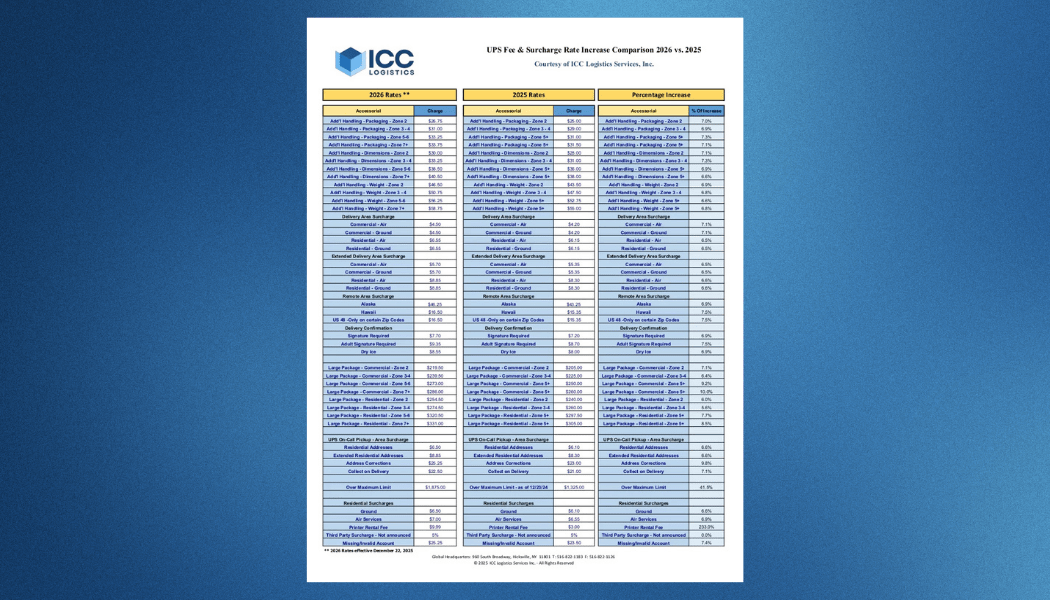IMPORTANT UPDATES TO EXPORT ENFORCEMENT POLICIES ANNOUNCED BY THE BUREAU OF INDUSTRY AND SECURITY
We have been advised by our friends at the law firm of GDLSK that at the recently concluded Bureau of Industry and Security Update Conference in Washington, D.C., Assistant Secretary for Export Enforcement, Matthew Axelrod, announced significant policy changes affecting export enforcement, which are focused on increasing the consequence of an export violation and strengthening the efforts of the Office of Export Enforcement to keep sensitive U.S. technologies out of the hands of the those that may pose national security threats to the United States.
Below, we summarize the policy changes outlined in the address.
- The Bureau of industry and Security (the Bureau or BIS) will begin to impose stiffer fines for export control violations that it considers to be more egregious. This policy change updates BIS’s internal settlement guidelines and applies “aggravation” factors to the review process. The details of what BIS may consider to be an aggravation factor and how cases may be classified as more egregious have not yet been published by BIS.
- BIS will no longer accept settlements without admitting or denying the underlying violations that gave rise to the fines. Assistant Secretary Axelrod explained that settlement parties will continue to benefit from a mitigation credit and reduced penalties for voluntary self-reporting but they must make specific admissions to violations. This change comes on the heels of a recent policy decision by BIS to make charging letters public. The objective of these policy changes is to increase transparency and awareness of export enforcement and improve overall compliance.
- Assistant Secretary Axelrod also announced the Bureau’s plan to more quickly process the disclosures it receives from companies each year regarding potential export control violations. Bureau staff will use a fast-track mechanism for those disclosures that involve only minor or technical infractions, issuing a no-action or warning letter within 60 days of a final submission by the disclosing party. While these fast-tracked cases may not incur monetary penalties, they may result in suspended denial orders and will focus on remediation measures such as hiring qualified staff, implementing internal compliance programs and conducting training in export control measures.
Notwithstanding the new fast-track, disclosures that involve more serious violations, cases may be assigned to a special agent and a Commerce attorney for further investigation. In particularly serious cases, the Bureau may assign the case to a federal prosecutor from the Justice Department. This may indicate a greater willingness to pursue criminal remedies for a broader spectrum of export enforcement cases.
Assistant Secretary Axelrod also pointed out in his remarks that, while voluntary self-disclosures will continue to qualify for mitigation credit with BIS, they will not automatically qualify for mitigation credit from the Department of Justice. The Justice Department requires a separate voluntary self-disclosure, which is evaluated under different criteria. Put together, companies that may be considering a voluntary self-reporting should make an evaluation of the severity of the violation and prepare parallel disclosures to BIS as well as the Department of Justice in order to obtain the maximum protection for making the disclosure.
For anyone wishing to obtain more information on this very critical policy changes, please contact us and we will immediately out you in contact with the appropriate party at the GDLSK Law Firm.



 to receive our FREE white papers:
to receive our FREE white papers: